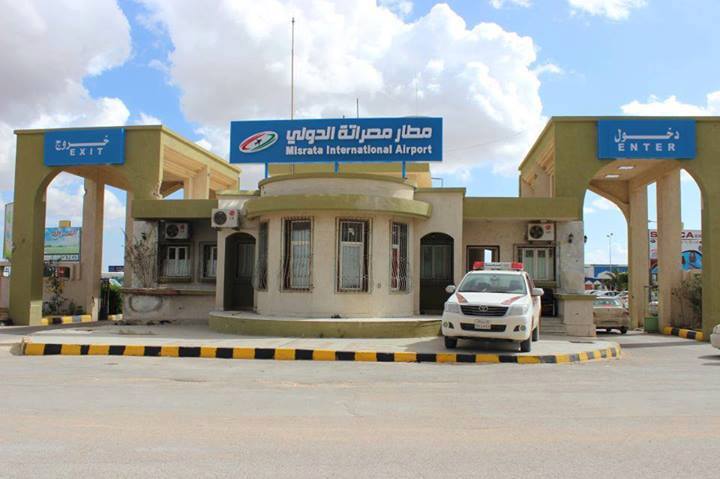Misrata airport new passenger terminal is set to be constructed under Public-Private Partnership (PPP) following an agreement between Libya’s Airports Authority (LAA) and Misrata Municipality after a meeting in which projects contracted by the LAA during the current year and work being implemented at Misrata airport were reviewed.
The two entities signed a cooperation agreement through which the Misrata Municipal, in cooperation with private companies, would establish a departure hall to replace the one burned by a fire which was allegedly caused by an electric short circuit in August this year. The departure hall will be developed according to the designs and specifications approved by the LAA.
Also Read: Libya: Tobruk International Airport passenger terminal construction begins
The Municipality will undertake its periodic maintenance work in exchange for collecting revenues that will be collected from the rent of offices, shops, cafes, restaurants, and other services, under the direct supervision and follow-up of the airport management.
In turn, the LAA will provide baggage conveyor belt systems, scales, check-in, and passport control desks, security inspection devices, and carry out periodic maintenance related to them. The LAA will keep the fees and other sovereign taxes, such as passenger admission fees, baggage fees, and the departure and security tax.
Encouraging PPP in the aviation sector
The LAA has been keen to encourage PPP in the aviation transport sector. In February 2019 it held a workshop that reviewed the PPP experiences of other countries, seeking to change the Libyan government’s activity from operating the infrastructure and providing services to focusing on the development of policies, strategies, and the monitoring of service providers.
The event envisioned the role of the private sector based on the implementation of development projects at airports, development, and maintenance on a regular basis, upgrading of facilities, and provision of high-quality services through the utilization of administrative and technical competencies and the financing capacities of the private sector.
At the end of the event, a number of recommendations had been made and submitted by the Airports Authority to the competent state authorities to take the necessary action and to promote and upgrade Libyan airports to the standard of those in developed countries.

Leave a Reply